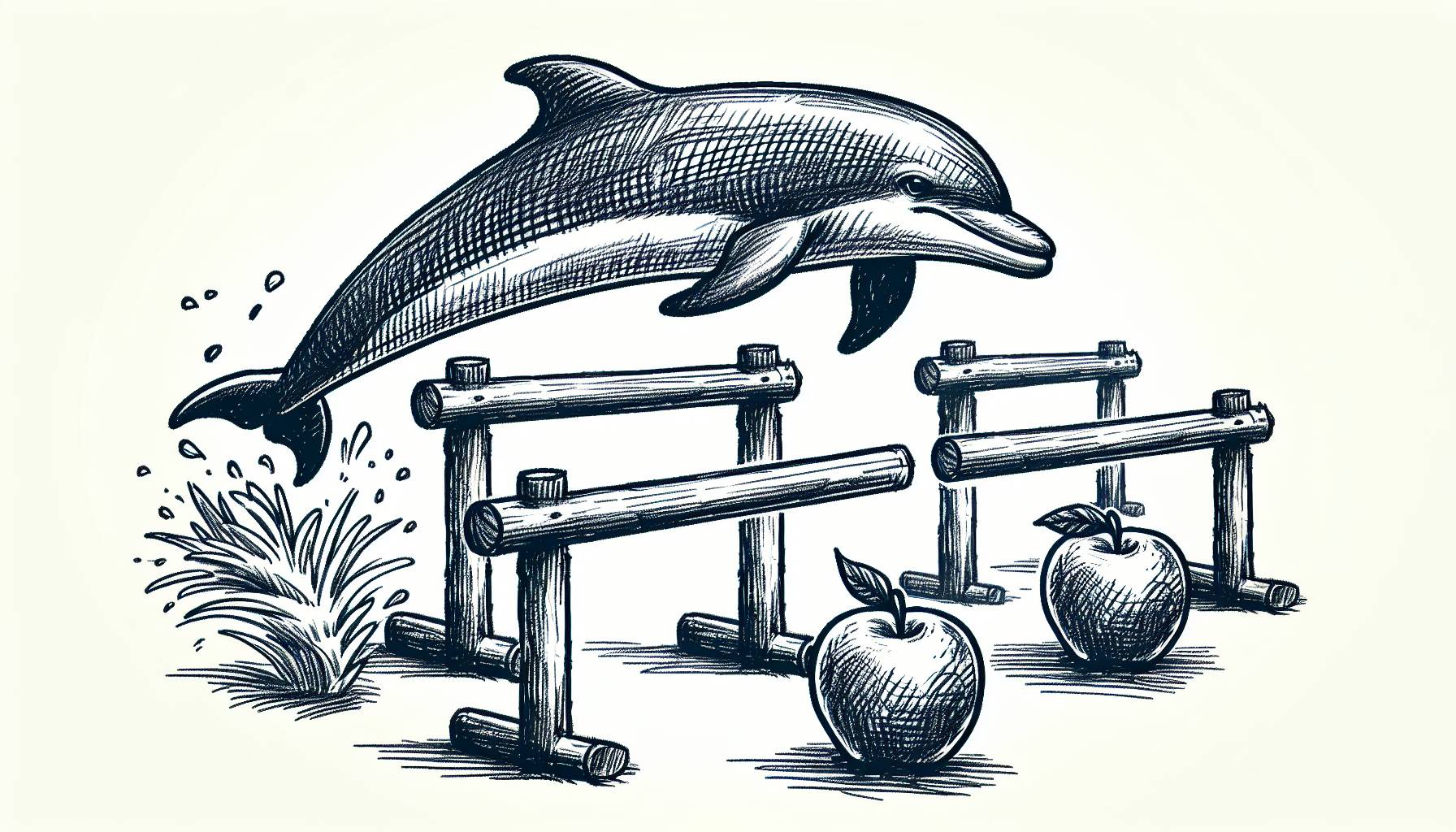We all have things that we need each day in order to maintain our weight and function. Staying fit is about knowing your limits.
How much you need depends on your muscle mass, size, sex, hormones, heredity, etc. One person may lose weight on 1500 calories per day while another might put on weight with the same amount. The good news is that there are many viable options for staying fit and maintaining a good weight.
1. Staying fit means that every meal should contain whole foods.
Eating natural, whole, anti-inflammatory foods is a terrific way to improve your health. In addition, it helps you to maintain your ideal weight. Diabetic, cancerous, obese, and heart disease risks are lower in people who eat natural, whole foods. Anti-inflammatory meals including whole grains, fruits, veggies, fish, and chicken can help. They are satiating, easily digestible, and energizing.
Furthermore, eating these foods also boosts your metabolism. In addition, avoid starchy, processed, foods full of chemicals that induce inflammation. This, along with stress, raises cortisol levels. These levels, in turn, promote abdominal fat storage.
Staying fit means working out first thing in the morning.
There is a lot of evidence showing that working out in the morning is more beneficial than working out at other times of the day. Recent research found that women who did a workout in the morning had fewer food cravings than those who did not. The morning exercisers were also more active than the non-workout group. Morning workouts provide many health benefits besides helping you keep off the weight. One of these is a lower diabetes risk.
Staying fit is really about counting fiber, not calories.
Calorie restriction may appear to be the simplest way to lose weight. However, that isn’t always the case. Excessive exercise or calorie restriction may have the opposite effect. A substantial calorie shortage causes hormonal systems to enhance hunger while decreasing metabolism. Counting fiber rather than calories may help you keep off weight and stay fit.
Fiber-rich foods are filling. In addition, when eaten slowly, they have fewer calories per bite than most other foods. High-fiber foods include whole grains, whole fruits, and the skins of non-starchy vegetables like broccoli, peas, and Brussels sprouts. With these, you will feel fuller while eating less.
Staying fit means drinking plenty of water.
You’ve probably heard that water helps you lose and maintain weight loss. This is quite true. Eight to ten glasses of water per day can enhance metabolism by 24-30%. Furthermore, it can reduce the appetite. If you’re not thirsty for this much water, you’re probably drinking too much juice, sugary soda, or alcohol. Therefore, replace them with water to keep your body hydrated.
Water also helps clean and protect your teeth as well as save money.
Stay fit. Don’t try to drop 15 or 20 pounds at once.
Sudden bursts of hard workouts or suddenly reducing calories causes the body to go into famine mode to defend its calories. That’s why people who suddenly start eating solely salads on New Year’s Day end up unpleasant and very hungry a week later. Instead, drop one pound every week by avoiding sugary coffees and snacks. The body will feel good. In addition, the weight loss is gradual enough that it does not shock the system.
Maintaining weight and staying fit requires that you increase your daily protein intake.
Extra protein makes your body work harder to absorb and digest. In addition, it has a higher thermic effect than fat or carbs. It’s true that this won’t cause the scale to move rapidly. However, it may help you to comfortably lose and maintain weight loss year-round.
Limit sugar intake.
Even if you enjoy sweets, it’s best to limit sugar intake. The hormone leptin, which tells you when you are full, is linked to sugar. Bad bacteria thrive on sugar. Furthermore, they weaken your immune system. This causes tissue dysfunction, cell aging, and elasticity loss.
Make your final meal the smallest.
You may have heard that eating late at night increases weight gain. However, this is a misconception. When you eat your food is less important than how much you eat altogether. It’s more important to eat in connection to your activity level and the day ahead of you. In the morning as well as at lunchtime, most people are active. In addition, they have more time.
So those are the best times to eat. Therefore, your intake should match your energy needs as the day passes.
Staying fit can mean lifting weights.
If you don’t currently lift weights, you should start. You may be think that lifting weights will only add weight to your body. However, this isn’t always the case. In reality, just completing high-intensity aerobic exercises may cause you to gain weight.
Long cardio sessions do not help weight loss. Your body thinks of this a long, uncertain quest for food. Therefore, it lowers your metabolism to save calories. By generating micro rips, weight training improves metabolism. The body also grows muscle to prepare for future heavy lifting. It’s good to do complex multi-joint weight-training movements. Squats, bench presses, lunges, and deadlifts are examples of these compound exercises.
Staying fit often means taking a good break!
Most fitness experts advise against rigid diets. Not allowing yourself to eat what your body craves becomes a burden rather than promoting a healthy lifestyle. Therefore, this leads to burnout. The body always resists hunger severity. Instead, consume a good diet of protein, healthy fats, and whole grains.
Surround yourself with positive people.
Dr. Petre explains that having a support structure in place makes it simpler to stick to your weight objectives when temptation comes. Therefore, get a workout buddy. In addition, you might join a support group. Finally, make sure that you surround yourself with people who support your goals and will help if you need it.













